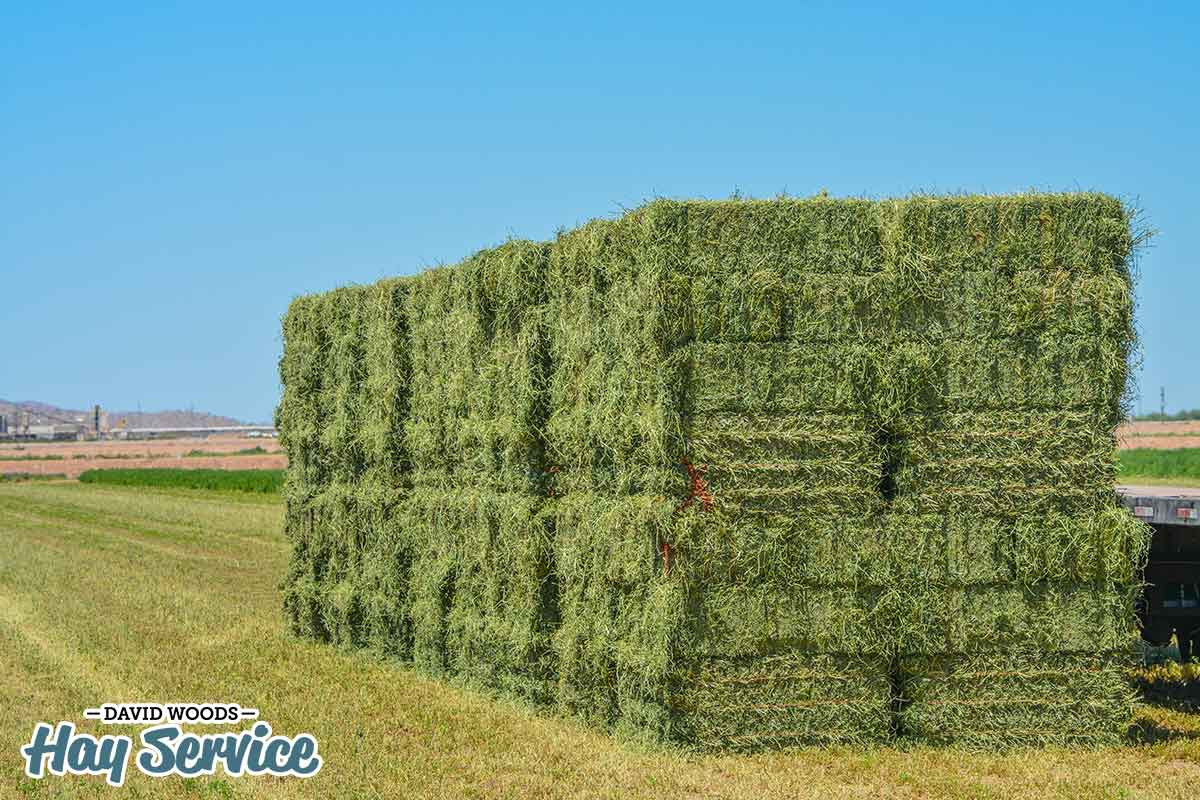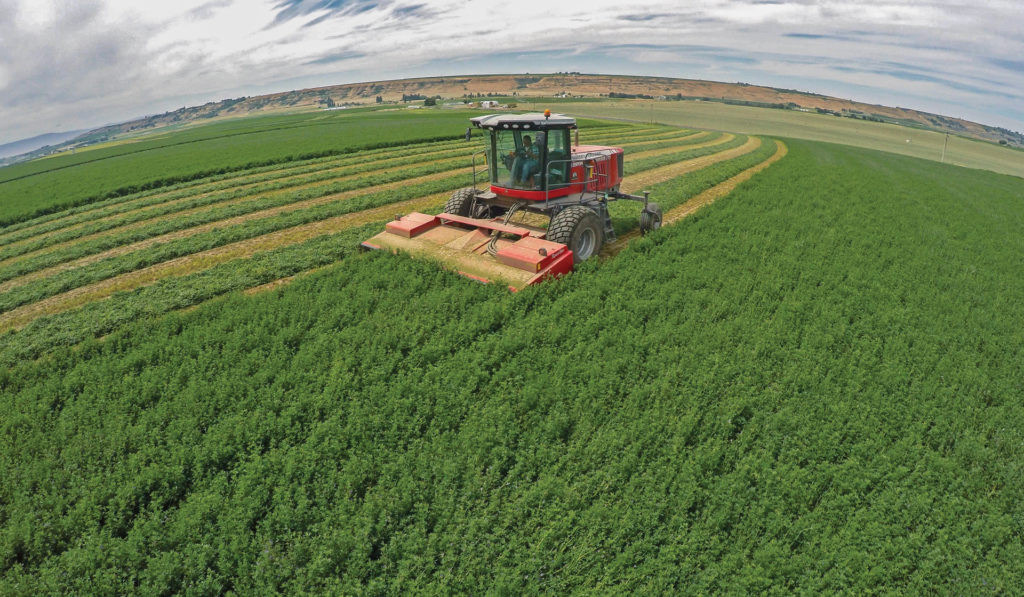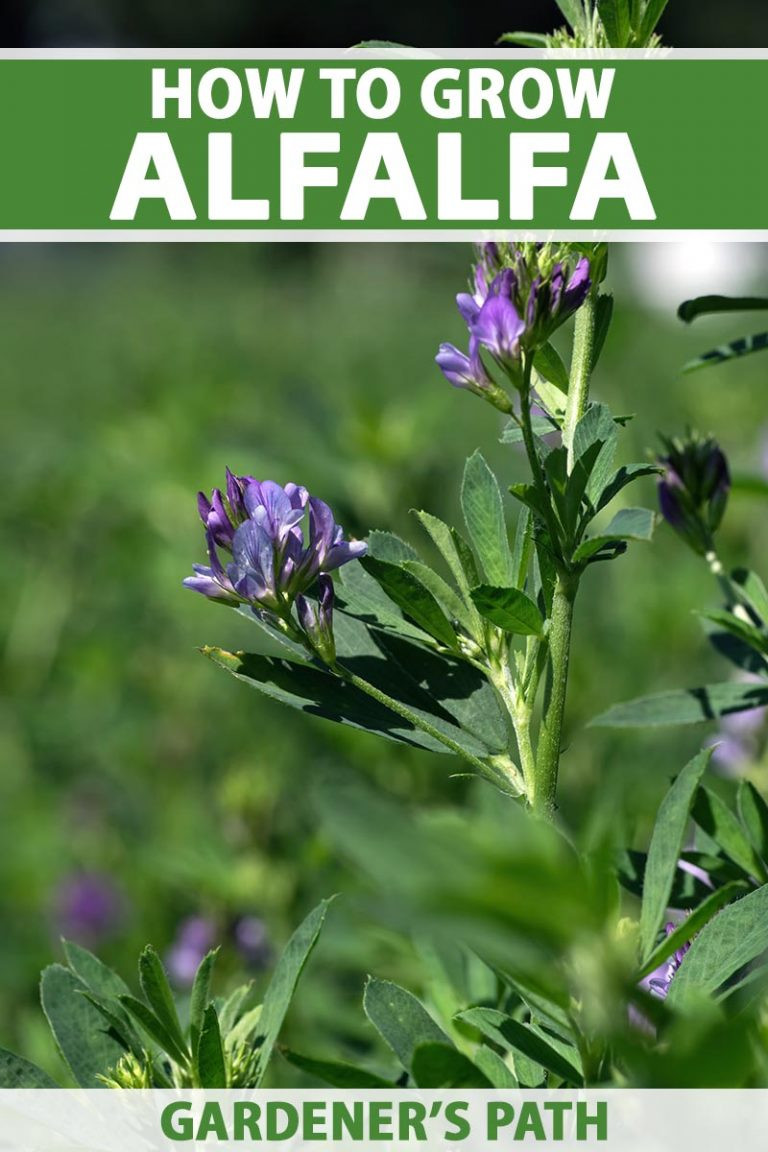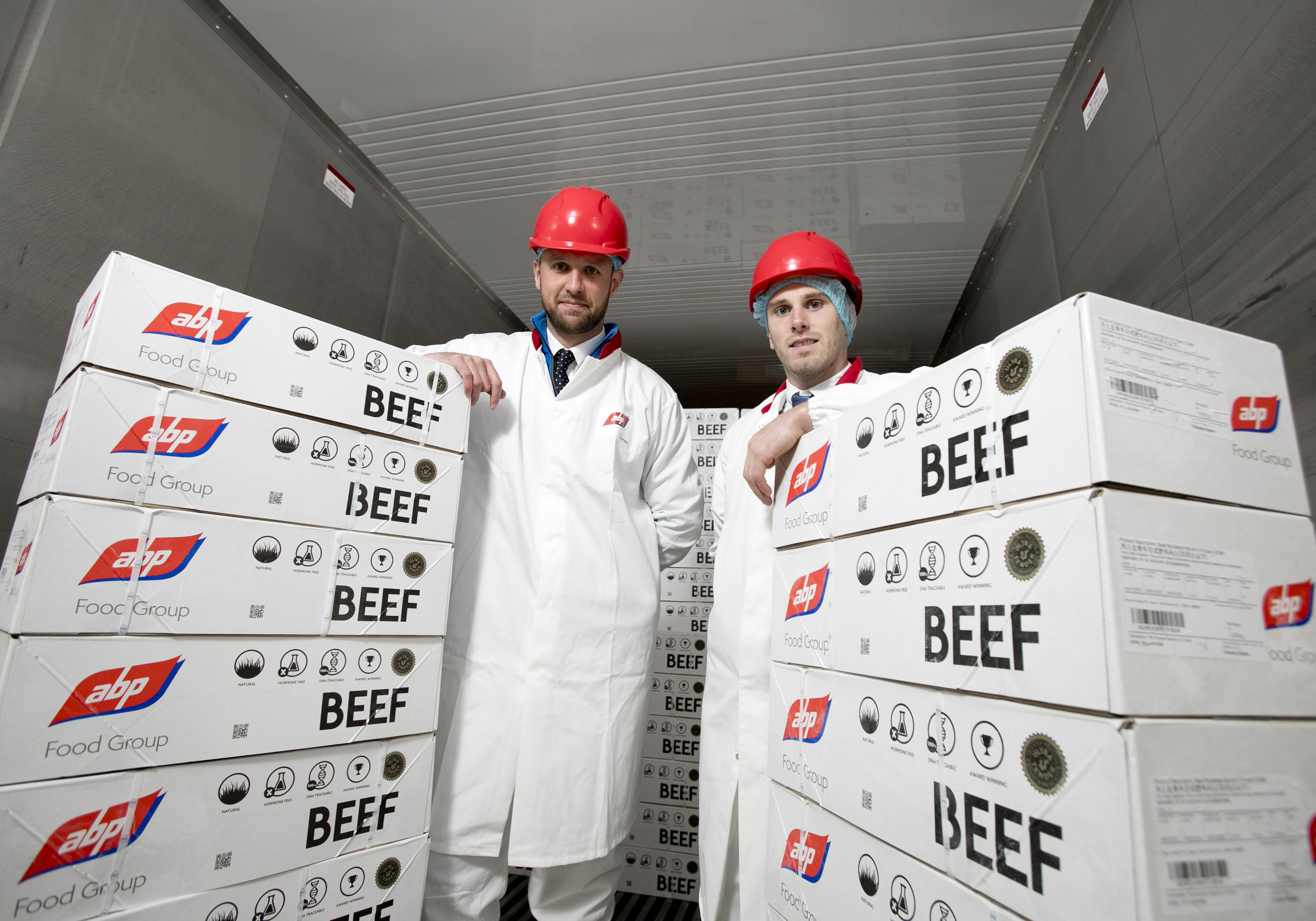The Rise of Alfalfa Hay: A Global Market in Bloom
The alfalfa hay market is experiencing robust growth, driven by a confluence of factors that are shaping the future of animal feed production. This comprehensive analysis delves into the market's dynamics, highlighting the key trends and innovations that are propelling its expansion.
Harvesting Techniques: A Cornerstone of Quality and Marketability
The quality of alfalfa hay is paramount in meeting the demands of the livestock industry. This quality is heavily influenced by the effectiveness of cultivation and harvesting practices. The adoption of modern harvesting equipment and techniques has significantly improved the nutritional value and palatability of alfalfa hay, contributing to its marketability.
Modernizing Harvesting Practices
Advancements in harvesting technology have revolutionized the way alfalfa hay is produced. Precise cutting, rapid drying, and proper storage are now standard practices, ensuring that the hay maintains its nutritional integrity and minimizes spoilage. The use of moisture sensors and automated balers ensures that the hay is harvested and stored under ideal conditions, minimizing the risk of mold contamination.
Trends and Innovations Shaping the Industry
The alfalfa hay industry is constantly evolving, driven by a focus on enhancing yield, quality, and sustainability. Several notable trends are shaping the future of this market.
Genetically Modified (GM) Varieties
The adoption of genetically modified (GM) alfalfa varieties is a significant trend in the industry. These varieties offer several advantages, including higher yields, enhanced pest resistance, and better tolerance to environmental stresses. These improvements contribute to increased efficiency and sustainability in alfalfa production.
Precision Agriculture Technologies
The integration of precision agriculture technologies is transforming the way farmers manage their alfalfa fields. GPS-guided equipment and drones allow for precise monitoring of crop health, enabling farmers to optimize field operations and make informed decisions regarding irrigation, fertilization, and pest control.
Organic Alfalfa Hay
The demand for organic alfalfa hay is increasing rapidly, driven by the growing consumer preference for organic dairy and meat products. Organic farming practices, which avoid synthetic chemicals and prioritize soil health, are becoming increasingly popular among producers seeking to tap into premium markets.
Drivers of Growth in the Alfalfa Hay Market
The growth of the alfalfa hay market is driven by a combination of factors that highlight the importance of this crop in meeting the needs of the global livestock industry.
Rising Demand for Dairy and Meat Products
The global demand for dairy and meat products continues to rise, fueling the need for nutrient-rich forage to enhance livestock productivity. Alfalfa hay's nutritional profile makes it an essential component of animal diets, contributing to increased milk production, meat quality, and overall animal health.
Technological Advancements
Technological advancements in farming equipment and genetically modified crops are boosting alfalfa hay production. These advancements improve yields and quality, making alfalfa hay a more attractive option for farmers seeking to increase their profitability.
Growing Livestock Industry in Emerging Markets
The expansion of the livestock industry in emerging markets is another significant driver of growth in the alfalfa hay market. As economies grow and populations increase, the demand for animal products is rising, creating opportunities for alfalfa hay producers to meet this demand.
Supportive Government Policies
Government policies and subsidies in many countries support forage crop production, including alfalfa. These policies aim to enhance food security, promote sustainable agriculture practices, and encourage the development of the livestock industry. These policies create a favorable environment for alfalfa hay producers.
The Future of Alfalfa Hay
The future of the alfalfa hay market looks bright, with continued growth expected in the coming years. The factors driving this growth are expected to remain in place, creating opportunities for producers, suppliers, and stakeholders in the alfalfa hay value chain.
Key Trends and Innovations
The industry is expected to see continued advancements in harvesting technologies, the development of new GM varieties, and the increasing adoption of precision agriculture practices. The demand for organic alfalfa hay is also projected to continue growing, driven by consumer trends and the increasing awareness of the benefits of sustainable agriculture.
Global Market Expansion
The alfalfa hay market is expected to experience significant expansion in emerging markets as the livestock industry grows and demand for animal products increases. This expansion will create new opportunities for producers, suppliers, and exporters.
Sustainability and Environmental Considerations
The alfalfa hay industry is committed to sustainable production practices. Farmers are increasingly adopting measures to reduce their environmental footprint, including minimizing water use, reducing fertilizer applications, and promoting soil health. These efforts contribute to the long-term sustainability of the alfalfa hay market.
The global alfalfa hay market is poised for continued growth and innovation. By understanding the key trends and drivers shaping this market, stakeholders can position themselves to capitalize on the opportunities and challenges that lie ahead.



















